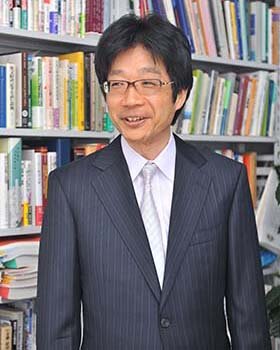
Japan’s government has taken a number of measures, including declaring a state of emergency, to combat the spread COVID-19. We examine the mechanisms through which the government’s policies have led to changes in people’s behavior. Using smartphone location data, we construct a daily prefecture-level stay-at-home measure to identify the following two effects: (1) the effect that citizens refrained from going out in line with the government’s request, and (2) the effect that government announcements reinforced awareness with regard to the seriousness of the pandemic and people voluntarily refrained from going out. Our main findings are as follows. First, the declaration of the state of emergency reduced the number of people leaving their homes by 8.6% through the first channel, which is of the same order of magnitude as the estimate by Goolsbee and Syverson (2020) for lockdowns in the United States. Second, a 1% increase in new infections in a prefecture reduces people’s outings in that prefecture by 0.026%. Third, the government’s requests are responsible for about one quarter of the decrease in outings in Tokyo, while the remaining three quarters are the result of citizens obtaining new information through government announcements and the daily release of the number of infections. Our results suggest that what is necessary to contain the spread of COVID-19 is not strong, legally binding measures but the provision of appropriate information that encourages people to change their behavior.
